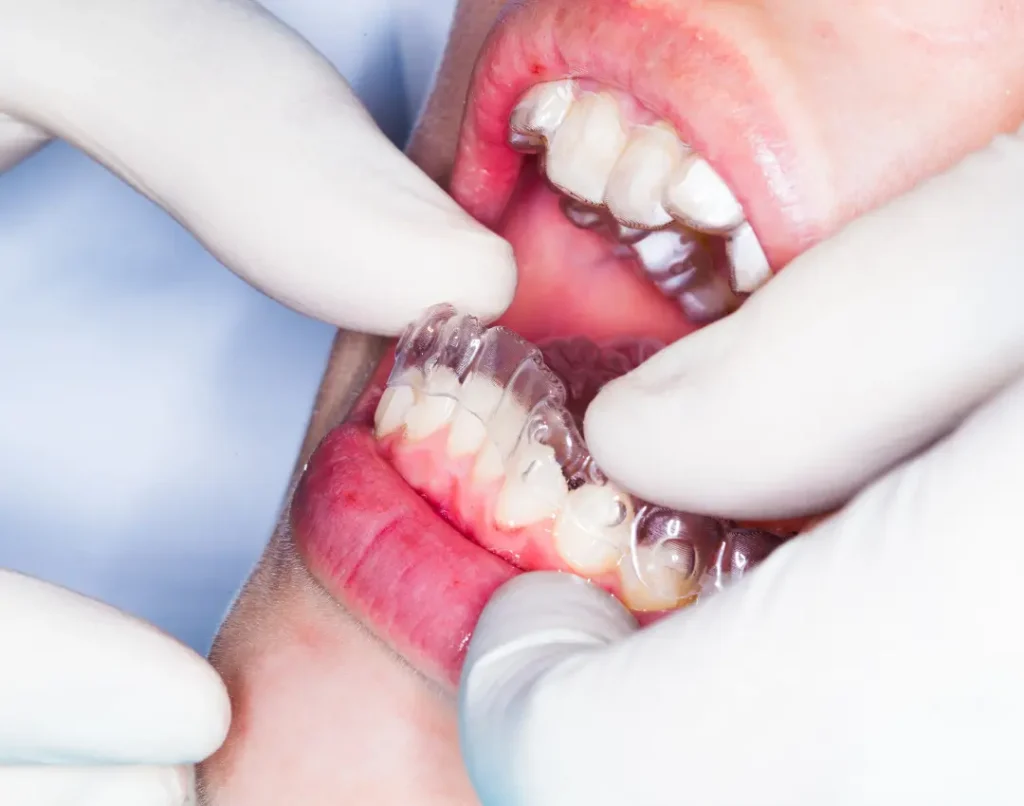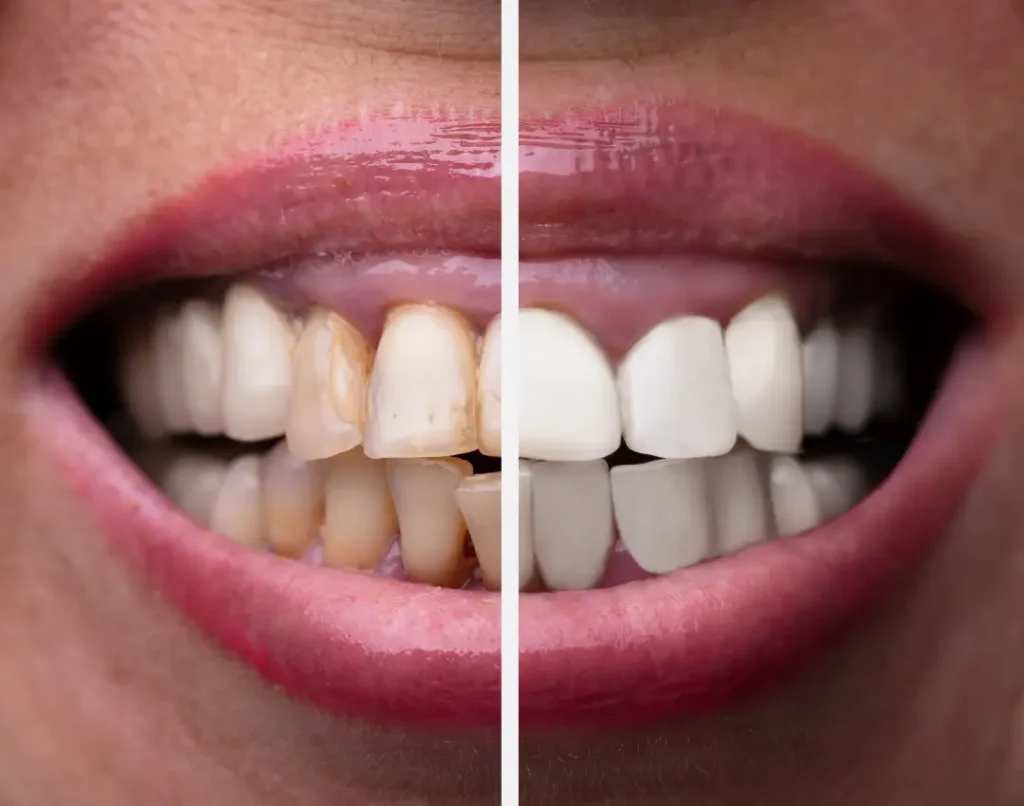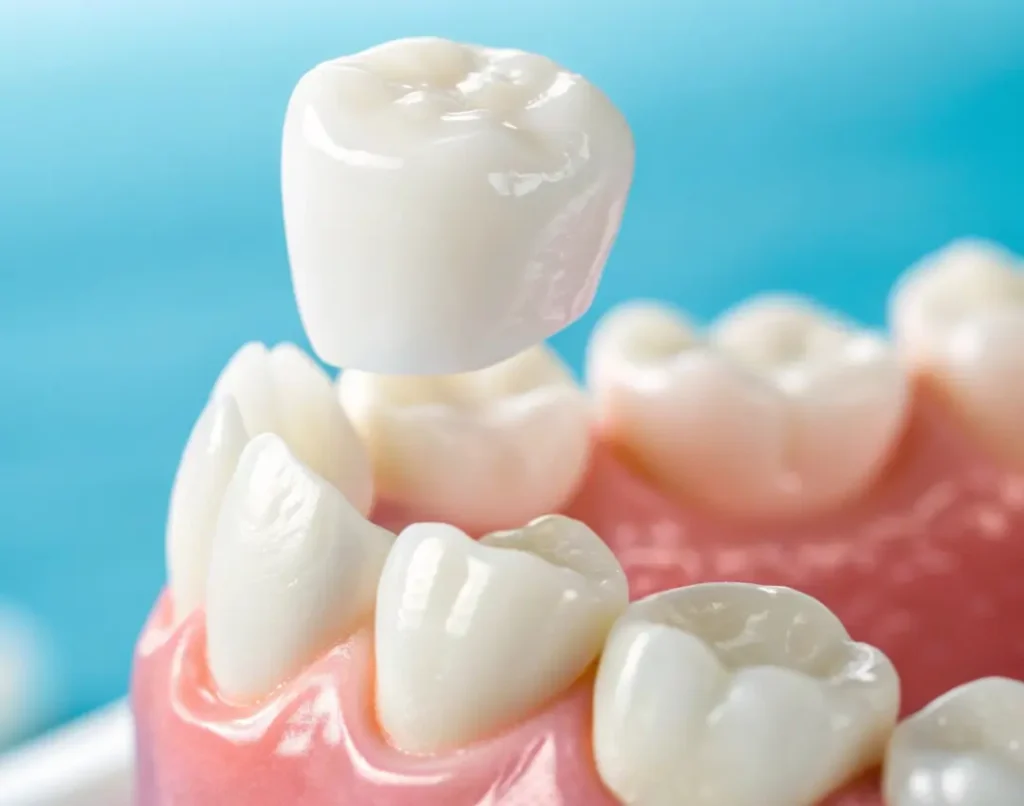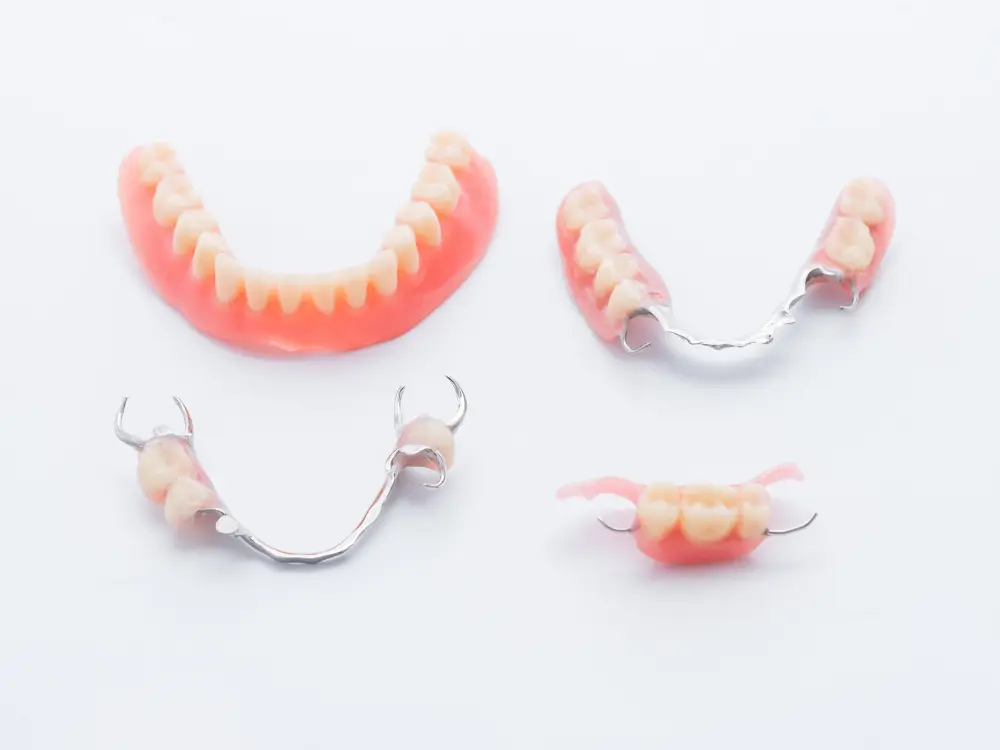Cleaning Flexible Dentures
Proper cleaning of flexible dentures is essential to maintaining their appearance, fit, and longevity. Unlike traditional dentures made of rigid acrylic, flexible dentures require a gentler cleaning approach. Use a soft-bristled denture brush and a mild, non-abrasive denture cleanser to gently scrub the dentures, taking care to reach all surfaces. Don’t use hot water, as it can distort the flexible material. Always rinse the dentures thoroughly after cleaning to remove any residual cleanser.
Soaking and Disinfection
In addition to daily brushing, flexible dentures should be soaked in a denture-specific solution to disinfect and remove stubborn plaque or stains. This helps keep the dentures fresh and hygienic.
Follow the manufacturer’s instructions for the recommended soaking time and solution. Avoid using bleach or harsh chemicals, which can damage the flexible material.
Storage and Handling
Store your flexible dentures in a denture case filled with water or a denture-cleaning solution when not in use. This helps maintain the shape and flexibility of the denture base. Handle the dentures carefully, avoiding bending or twisting the material, which can cause permanent distortion. If you notice any cracks, chips, or other damage, consult your dentist immediately for repair or replacement.
Regular Checkups
Regular visits with the dentist are essential for the ongoing maintenance of your flexible dentures. We can inspect the fit, identify any issues, and make necessary adjustments to ensure your dentures function correctly and comfortably.
We can also guide proper cleaning and storage techniques to help extend the life of your flexible dentures.
One crucial question: Should you prefer flexible dentures or dental implants?
Frankly, there isn’t one correct answer to this question.
We decide whether a flexible denture or dental implant should be preferred after considering the patient’s jaw structure, age, and other factors.








